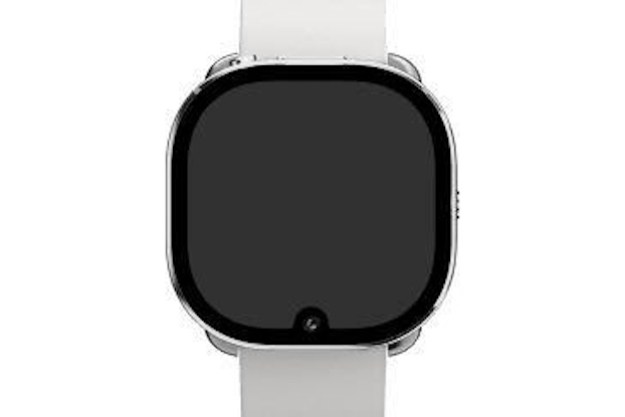After news broke that Cambridge Analytica had purchased data from a personality app that tracked friends’ data, experts predicted that the app “thisisyourdigitallife” was one of many with underhanded data tracking. Now, we’re getting a glimpse at just how many. On Wednesday, August 22, Facebook shared that more than 400 apps have been suspended over data concerns.
“Since launching our investigation in March, we have investigated thousands of apps,” wrote Ime Archibong, Facebook’s vice president of product partnerships. “And we have suspended more than 400 due to concerns around the developers who built them or how the information people chose to share with the app may have been used — which we are now investigating in much greater depth.”
Along with suspending more than 400 apps, Facebook has also banned the first group since Cambridge Analytica — an app called MyPersonality. Facebook says the app refused to participate in the audit, resulting in the ban. Around 4 million
After reports emerged about the data mining from the thisisyourdigitallife app created by Global Science Research and allegedly sold to the now defunct Cambridge Analytica firm, Facebook began an audit of third-party apps. Thisisyourdigitallife launched when
Thisisyourdigitallife was one of many personality quizzes on Facebook. Users were told that the data would be used for anonymous physiological research, but Global Science Research reportedly sold that Data to Cambridge Analytica, a data firm that was hired by President Donald Trump during his campaign, among other politicians.
In the wake of the scandal, experts suggested that thisisyourdigitallife wasn’t the only app mishandling user data. A former Cambridge Analytica employee suggested that most quiz apps are there specifically to mine data. Users would allow the third-party app access in order to take an online quiz and that platform would track Facebook user data. A hacker exposed later vulnerabilities for another quiz app, because apparently, the scandal wasn’t enough to stop
Third-party app access is also commonly used when you sign in to another platform using a Facebook ID, which researchers showed could allow websites to track you as well.
Facebook is continuing to audit third-party apps on the platform, starting with the ones that launched before
Editors' Recommendations
- Twitter has reportedly suspended signups for Twitter Blue
- Instagram has finally fixed the Stories sound bug in the latest version of its iPhone app
- Instagram and Facebook apps add features, move ever-closer to TikTok parity
- This exoplanet has two suns – just like Tatooine
- This drone-like ‘flying car’ has just taken a step toward commercialization




